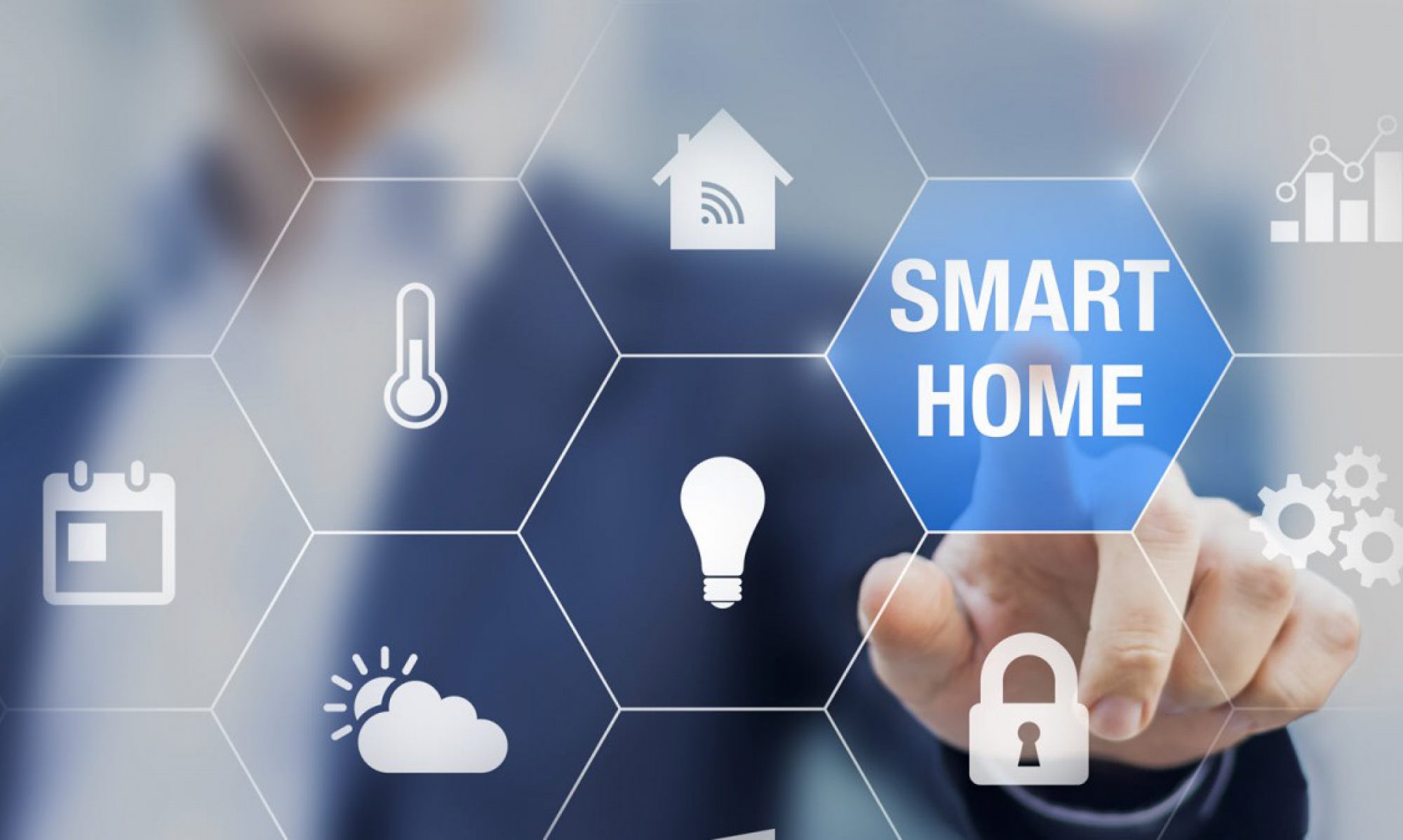Impact of Technology

✨ With the emphasis on the Internet of Things (IoT) development, where many surrounding electronic devices are connected by networks. This design allows large amounts of data to be stored, processed, and transferred in one form without the need for human interaction. Initially, the smart home was targeted to serve family services through the home automation system, towards convenience, comfort, stability, compassion, health, reduced activities, more energy savings, reduced electricity and water costs. Therefore, from these premises, the wireless Internet and smartphones expanded the concept of a smart home with remote control services.
✨ The global smart home market is expected to reach $ 119.26 billion by 2022. Nowadays, famous technological businesses like Google, Amazon, and Samsung Electronics are dominating the vast majority of the market, they’re trying to launch products and unique, innovative services to attract families. Along with that, start-ups are entering the market with more creative and useful designs. Being able to bring satisfaction to users through supporting features that enable better remote device control as well as innovating in the development process by always actively imaginative. The smart home has become the most disruptive and popular product in recent times as well as its concept has been known by the majority of consumers of technology goods.

